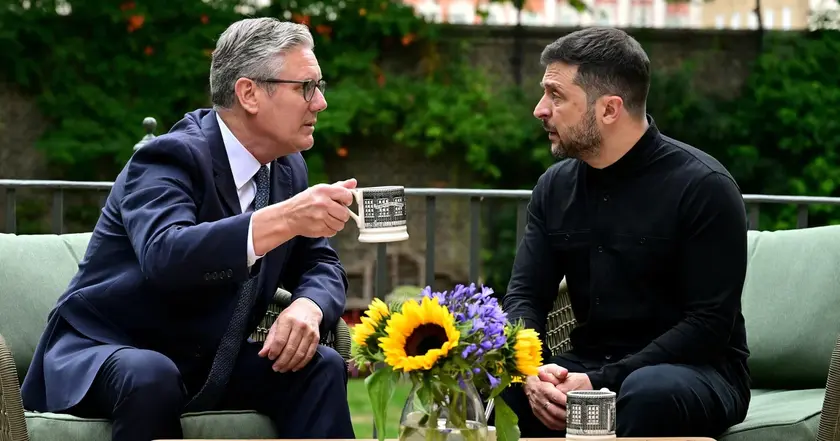T4K3.news
Ceasefire talks under pressure
Hamas accepts the mediator plan for a 60-day ceasefire, but Israel’s response remains uncertain as talks continue in Cairo and Doha.
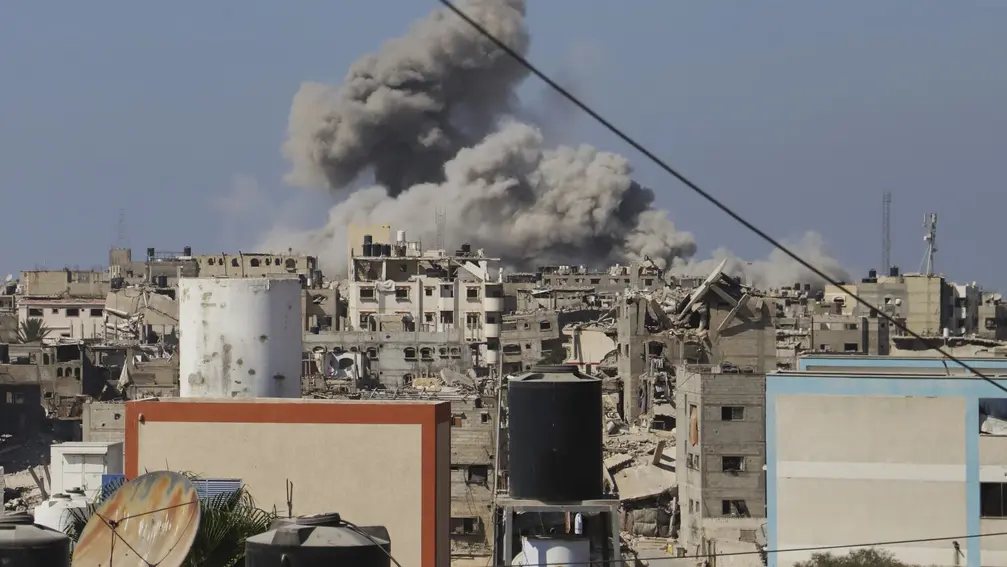
Hamas accepts a ceasefire proposal from Egyptian and Qatari mediators as talks focus on a 60-day truce and hostage exchanges.
Ceasefire Talks Raise Stakes in Gaza War
Hamas says it has accepted a ceasefire proposal developed by Egypt and Qatar to pause fighting in Gaza for 60 days. The plan would see Israeli forces pull back to a buffer zone of 800 meters into Gaza and could include the release of 10 living hostages and the remains of 18 others in phases, in exchange for about 1,700 Palestinian prisoners, including 200 serving life sentences. About 600 trucks of humanitarian aid would enter Gaza daily. The specifics have not been published, and Israel has not publicly accepted the deal. Hamas has stated it seeks a lasting ceasefire and the end of Israeli occupation.
Israel says it will continue the war until Hamas is defeated and disarmed. Prime Minister Netanyahu has signaled he could halt fighting temporarily for hostage release but would not end the war until Hamas is destroyed. The United States is playing a key role, with former Trump administration envoy Steve Witkoff involved. Washington's stance could shape whether Israel accepts the plan, which would require Security Cabinet approval. The plan would also intensify humanitarian aid but the broader peace process remains uncertain as casualties on both sides mount.
Key Takeaways
"We will only see the return of the remaining hostages when Hamas is confronted and destroyed!!!"
Trump's Truth Social post supporting a hard line against Hamas
"Play to WIN, or don’t play at all!"
Trump's post urging decisive action in Israel’s favor
"Hamas would release 10 living hostages and the remains of 18 others in phases."
AP description of the proposed exchange terms
The proposal tests regional diplomacy as much as military strategy. Egypt and Qatar face pressure from their own publics while trying to broker a deal that could ease Gaza’s humanitarian crisis and buy time for talks on a longer peace. The plan’s success depends on trust that has frayed after years of conflict and repeated truces.
Public and political risk shapes the talks. If the ceasefire falters or if the hostage release does not unfold as promised, hardliners on both sides could gain ground and drive the cycle of violence anew. The United States' role remains pivotal, and American policy signals will likely tilt whether Israel can absorb concessions and pause operations long enough for a broader political settlement. In Gaza, civilians weigh the relief from aid against ongoing deprivation and displacement, while Israel faces scrutiny over its military aims and the human cost of occupation.
Highlights
- Ceasefire rests on a fragile balance of hostages and prisoners
- Diplomacy presses ahead where gunfire already spoke
- Aid alone cannot seal a lasting peace
- This is a test of regional diplomacy under fire
Political and humanitarian risk in ceasefire talks
The talks involve delicate security, governance, and humanitarian issues that could trigger political backlash or backlash from publics if the deal falters. The plan also hinges on decisions by the Israeli Security Cabinet and broad regional cooperation, creating exposure to shifting alliances and domestic pressures.
Diplomacy will have to prove it can outpace a conflict whose damage has already been counted in lives.
Enjoyed this? Let your friends know!
Related News
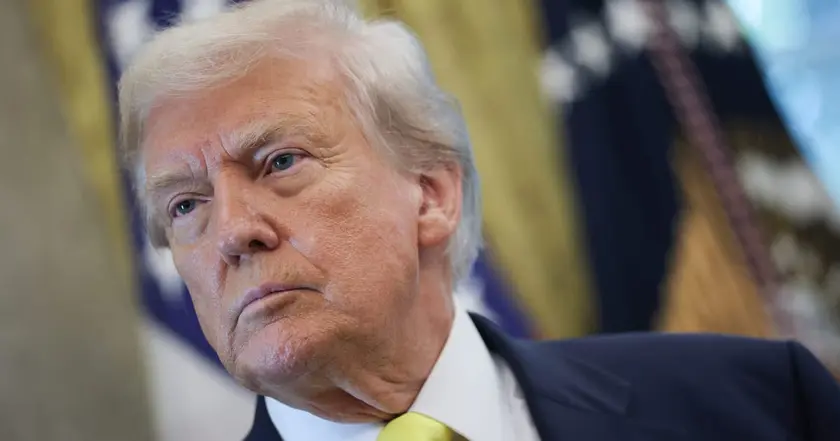
Emergency call ahead of Putin talks
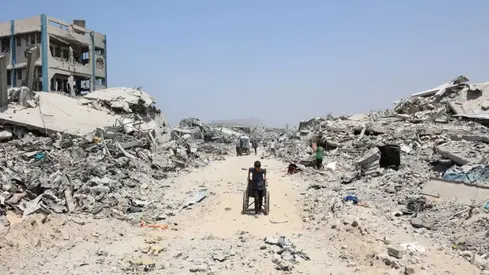
Ceasefire talks show new momentum
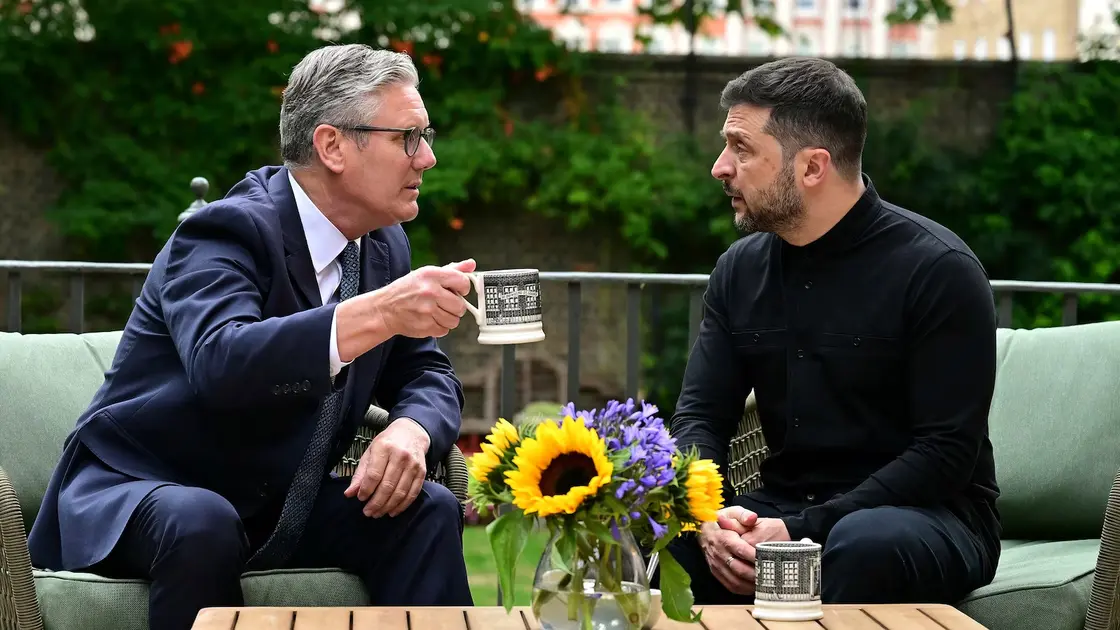
Ukraine presses for ceasefire ahead of Alaska talks
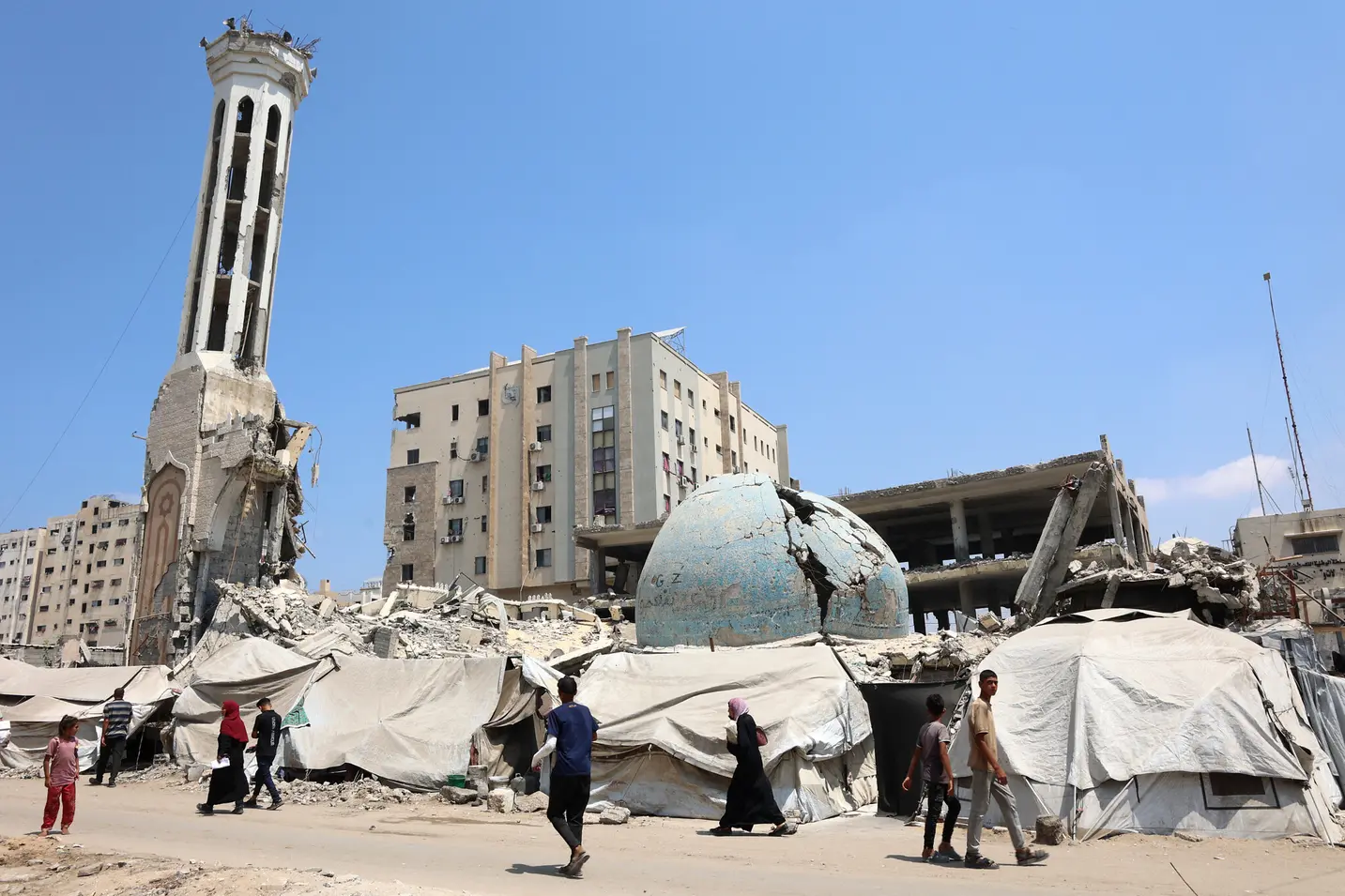
Ceasefire talks advance

Keir Starmer summons cabinet for Gaza crisis meeting
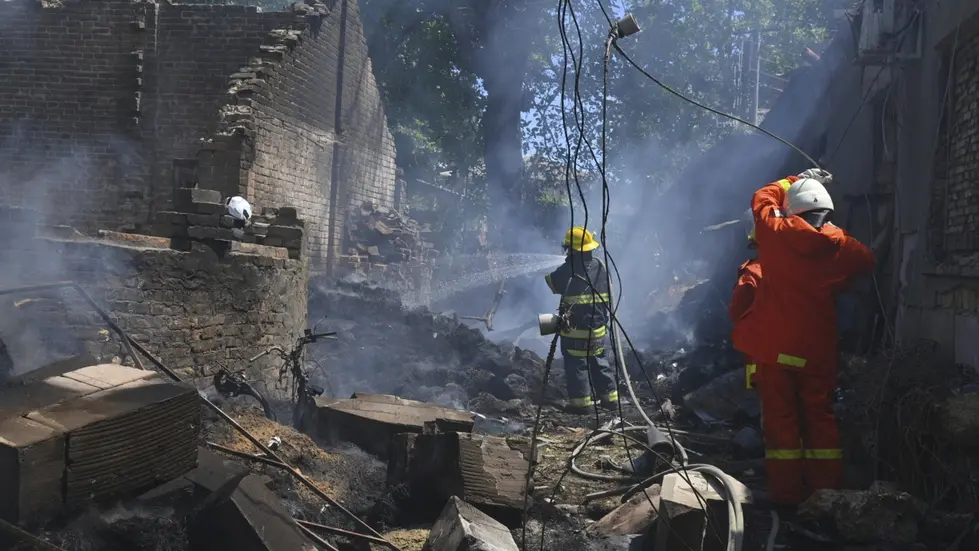
Russia and Ukraine engage in third ceasefire talks
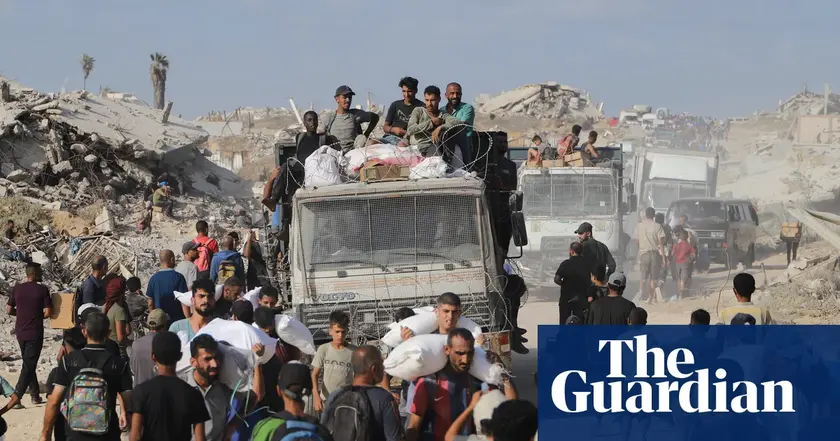
Ceasefire proposal on Gaza gains support
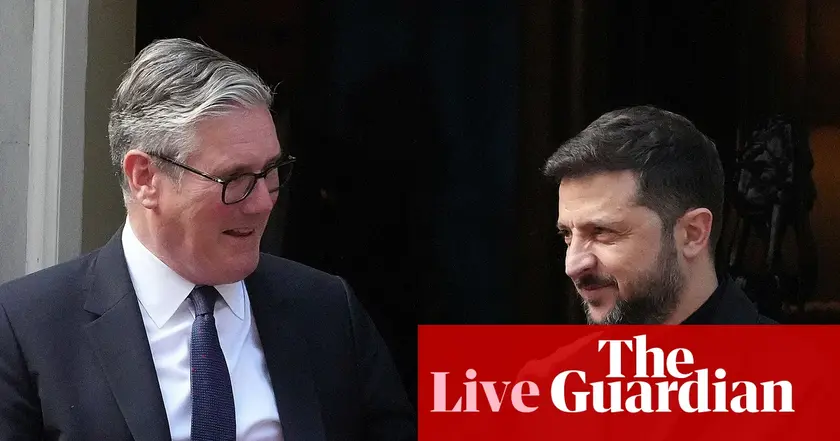
UK leaders host Zelenskyy as Russia pressure grows
